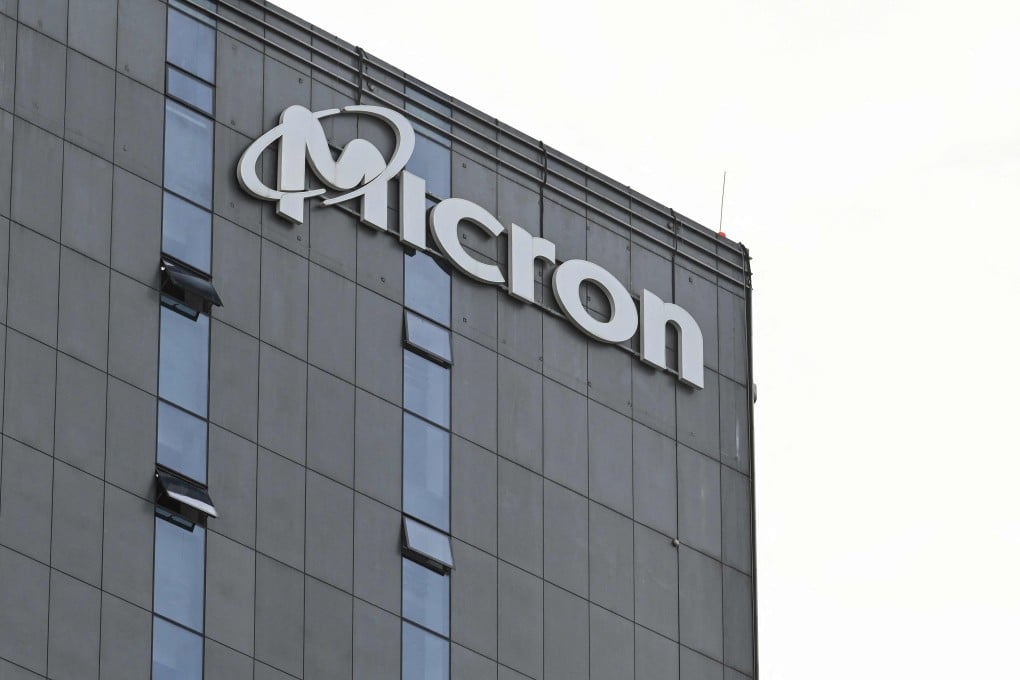Tech war: China’s memory chip efforts face stronger headwinds as Micron, Samsung, SK Hynix race ahead on AI
- Not long ago, China was seen as catching up quickly with international suppliers in certain fields of flash memory chips
- Beijing’s restrictions on Micron, which had a 15 per cent share of China’s server DRAM market, mostly benefited its South Korean competitors

Beijing’s ambitions of joining the world’s top memory-chip makers, and replacing imports with local products in the domestic market, look increasingly at risk as the world’s leading players adopt cutting-edge technologies while China’s ability to catch up is hampered by US sanctions, according to analysts and industry insiders.
This, in turn, could seriously hinder China’s ability to develop large artificial intelligence (AI) models when the country is already reliant on US suppliers such as Nvidia for sanctions-compliant versions of graphics processing units, or GPUs, they said.
Not long ago, China was seen as catching up quickly with international suppliers in the field of advanced 3D NAND flash and DRAM memory chips, but the gap could have widened again in the era of ChatGPT as Yangtze Memory Technologies Corporation (YMTC) and ChangXin Memory Technologies (CXMT) are unable to press ahead with catch up efforts due to the US export restrictions.
In comparison, US-based Micron Technology, which is banned by Chinese authorities from selling certain products to some local clients, last month announced samples of its high-bandwidth memory 3 (HBM3) Gen2 die to support generative AI applications. Samsung Electronics said last month it has completed development of GDDR7 DRAM for AI applications, and it will double down on high-bandwidth memory in 2024 to meet growing demand in AI applications. Meanwhile, rival SK Hynix, which tops the global HBM market with a 50 per cent market share, is also set to double its HBM production next year for AI servers.
Analysts and industry professionals told the South China Morning Post that Micron, Samsung and SK Hynix remain the default choice for many downstream buyers and that Beijing’s restrictions on Micron, which previously had about a 15 per cent market share in China’s server DRAM market, mostly benefited its two South Korean competitors.
“The premier choice of replacement for Micron is still Samsung [and] SK Hynix,” said an executive at a memory controller producer, who asked not to be named due to the sensitivity of the matter.
China’s shortcomings in storage capacity would hinder the country from making the most of its massive data resources in AI development, Ni Guangnan, a Chinese semiconductor expert and an advocate for China’s semiconductor self-sufficiency, told the World Semiconductor Conference Expo in Nanjing last month.